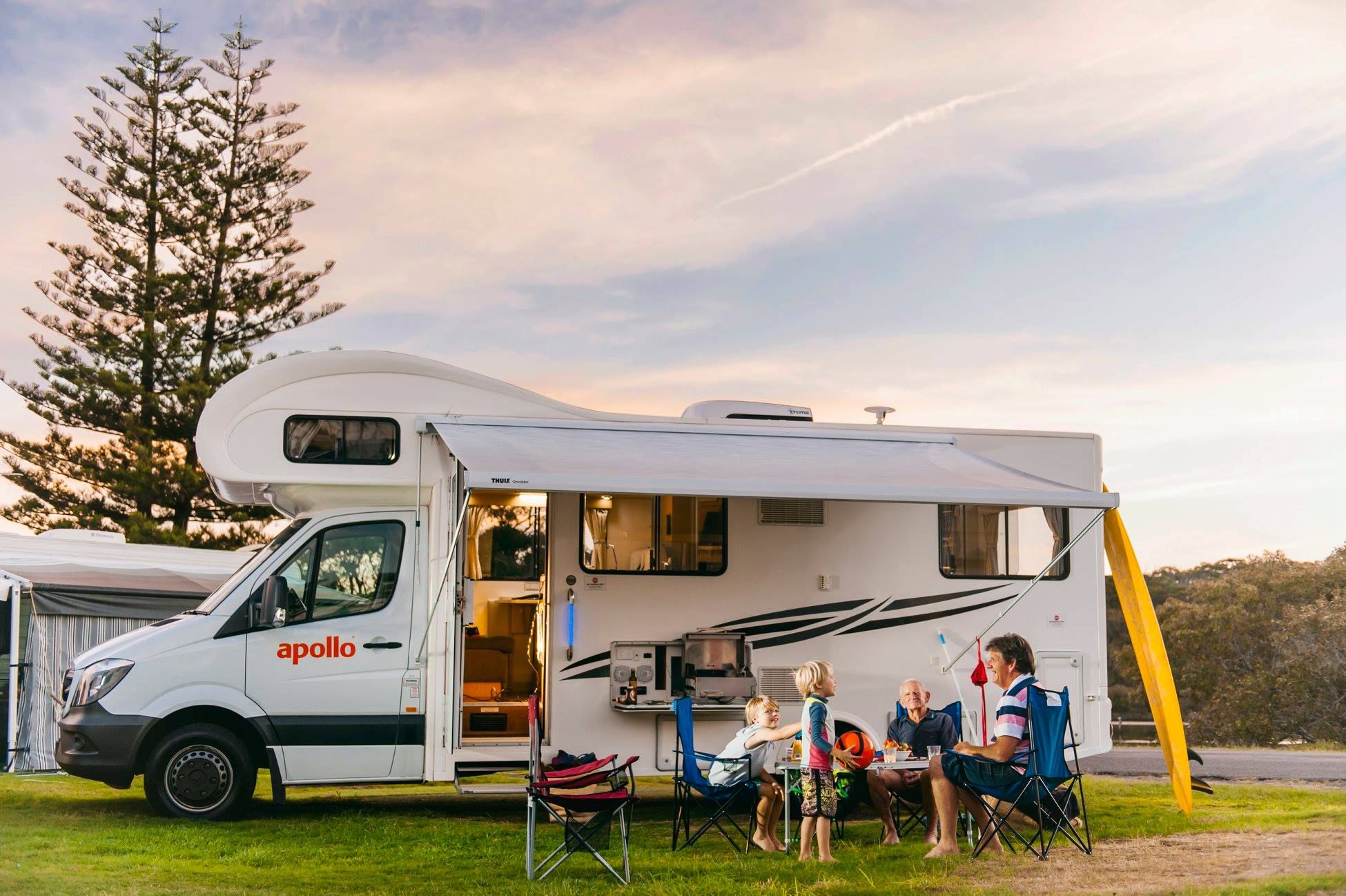by Penny M. Hagerman
Come summertime or holiday, many RV enthusiasts can’t wait to hit the road in their homes on wheels. But with so much invested in such specialized equipment, suffering a breakdown—or having an accident—can lead to delay and major financial setback.
Thus the need for RV insurance. Created as special coverage for owners of vehicles like motorhomes, travel trailers, truck campers and fifth wheels, RV policies offer financial assistance when unexpected events stop a trip dead in its tracks.
With the right RV policy in place, recreational vehicle owners can relax and enjoy the scenery when there’s an issue, rather than worrying about repairs or finances.
RV Insurance vs. Car Insurance

While standard car insurance protects only drivers and vehicles, recreational vehicle insurance is more like a cross between car and home insurance.
Because RVs are often lived in for extended periods of time, they’re considered “home” by insurers. That means they’re vulnerable to theft, damage and the risk of personal injury, just like stationary homes.
How are these risks mitigated by insurance?
- When expensive items like electronics, cameras, jewelry, clothing and camping equipment turn up missing—or get damaged through accident—the insurance company reimburses the RV owner so they can be replaced.
- Parts specific to RVs, like awnings, stairs, slideouts and appliances, are also covered.
- When the RV is in the shop due to accident and the owner is out on the road, the insurer may cover lodging and transportation expense.
- If someone gets hurt near the RV and decides to sue the vehicle’s owner, recreational vehicle coverage also pays for legal representation.
Without RV-specific coverage, bills due to accident or injury can really pile up. RV owners should take this into consideration before adding their RV to a regular car insurance policy.
Common RV Coverages
Depending on the insurance company chosen, RV owners have numerous options when insuring their vehicles:
- Collision—Covers damage to the RV and all its components resulting from collision with another object
- Theft/Vandalism—Reimburses the owner for items stolen from the RV or damaged in a break-in
- Property Damage—Pays to repair the damages an RV driver causes someone else
- Uninsured/Underinsured Motorist—Covers repairs when the driver at fault doesn’t have enough insurance to cover the damages—or any insurance at all
- Vacation Liability—Pays for bodily injury and property damage that occurs at a vacation site
- Towing & Labor—When the rig breaks down, this covers the cost of transportation and mechanic time
- Total Loss—Provides a replacement vehicle when the RV is completely destroyed
- Roadside Assistance—Covers charges when you break down and need help or run out of gas
A word to the wise: when insuring your RV, ask for total replacement coverage. This helps guarantee payment in full when the vehicle is irreparable, rather than reimbursement based on current market value.
